How To Cut Back On Drinking Alcohol: Therapists Share Tips
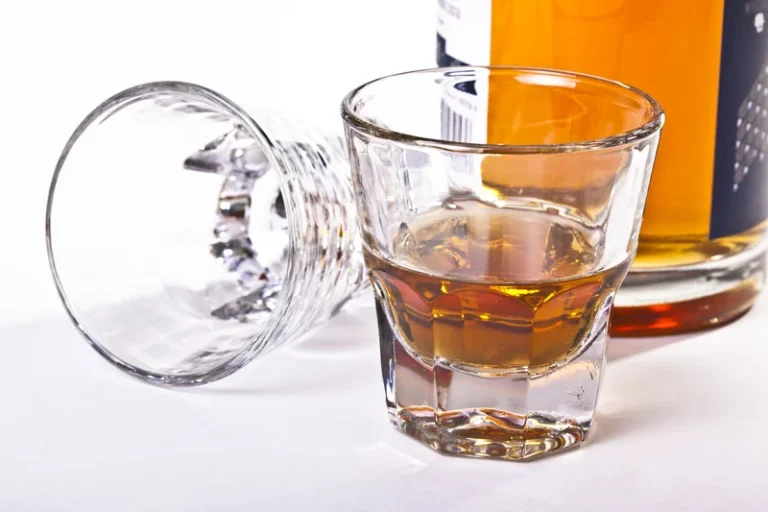
Alcohol withdrawal symptoms range in severity depending on how extensive the misuse behavior was. The alcohol withdrawal symptom delirium tremens (DT) is estimated to kill up to 5% of those attempting to quit suddenly after chronic usage. This is a staggering number considering that many other drugs https://ecosoberhouse.com/ do not even have the possibility of lethal withdrawals. For this reason, experts advise that alcohol cessation be monitored safely with steady effort between oneself and a physician.
Phone, Video, or Live-Chat Support
Prefer Topiramate or Gabapentin if patients are intolerant to or have not responded to Naltrexone and Acamprosate. Repeatedly recognized as Newsweek's best treatment center in California, they offer highly personalized, non-12-Step care using evidence-based and holistic approaches. Alcohol withdrawal usually lasts for a few days, but some effects may linger for months. Symptoms are most severe around day 34, and the total process can last for 2 to 10 days. Ark Behavioral Health offers 100% confidential substance abuse assessment and treatment placement tailored to your individual needs.
What are the risks of quitting alcohol cold turkey?
Did you know most insurance companies will cover the cost of drug and alcohol detox? Ethanol, the chemical name for drinkable alcohol, can also bind to GABA receptors. It doesn’t take GABA’s place; rather, it binds to a different site on the receptor and makes GABA even stronger. When GABA opens the channel to a negative charge, ethanol keeps that channel open for longer, leading to feelings of sedation, muscle relaxation, and other depressant-like effects. Alcoholism is linked to many chronic diseases, including heart disease, liver disease, and certain cancers.
Goals: Why do you want to reduce or quit alcohol?
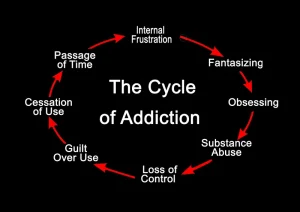
Tracking also allows you to notice any patterns that may lead to increased drinking, such as stress or social situations. Being aware of your consumption is an essential part of how to taper off alcohol successfully. This is why it’s always best to find some form of long-term support in sobriety. Support groups, from Alcoholics Anonymous to SMART Recovery, are one free way to find a community of people on the same journey.
Unsupervised Medical Care
If you manage to limit alcohol consumption beyond a monthlong break, it could improve your heart health and reduce the risk of stroke and certain cancers. If you stop drinking for a week, you might notice some positive changes in your gastrointestinal system. The digestive tract heals quickly after someone cuts out alcohol, according to Debbie Petitpain, MBA, RDN, a registered dietitian based in Charleston. Here’s a timeline of how your body might react after you stop drinking alcohol. I wanted more for myself, but I realised alcohol was standing in the way.So, last year, I made a decision.
- One of the keys to a successful taper is taking gradual steps that will cause as few side effects as possible.
- Internal triggers are thoughts, emotions, or physical sensations that cause a person to drink.
- It can be helpful to make a plan ahead of time for how to handle a relapse.
- Also, learn to cope with and avoid situations that might cause you to want to drink more.
- It’s important not to rush the process and to adjust your plan based on how your body responds.
- By consciously upgrading them to match my goal to drink less, saying “no” to a drink became easier and easier over time.
Quitting cold turkey involves suddenly stopping all alcohol use, while tapering involves slowly decreasing the amount of alcohol a person drinks daily. Weaning off alcohol reduces the chance of experiencing withdrawal or the severity of withdrawal symptoms. Quitting cold turkey is likely to cause more intense withdrawal symptoms than if you taper off alcohol slowly.
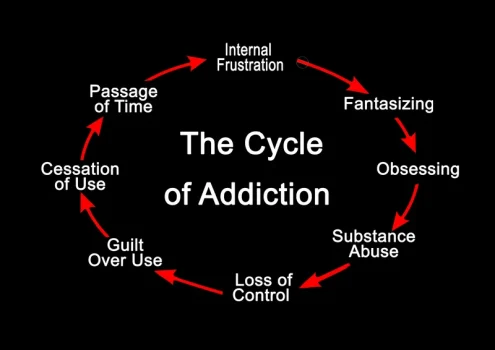
Substitution Taper
It could be a sign that you need professional help to reach your goal. “For how do you wean off alcohol some people it can be just sparkling water, and for other people it’s actually having a mocktail or some sort of (nonalcoholic) drink that feels fun and celebratory,” Wakeman said. Informing a few friends or family members of your goal can help you reach it, experts say. For some people it may work to announce their plan on social media — and invite others to join in and report back on their progress. “I really want to stop drinking because I know when I drink heavily I don’t get up the next morning and I don’t work out is a very specific goal,” Wakeman said. Concrete goals such as embracing new sleep habits or an exercise routine will help make giving up drinking easier, she said.
- If your health, wellness, and even life may be at risk, quitting alcohol should only be attempted with the help of a medical professional.
- Chronic alcohol abuse can cause serious health problems, including heart and liver disease.
- It’s vital to do this under the supervision of a medical professional to ensure the process is safe and smooth.
- “It’s really thinking about the ‘why’ — why you’re making the choice and really centering that and being proud of it,” says Carr.
- Another strategy for a successful taper is to drink just enough to keep withdrawal symptoms at bay.
But, perhaps most importantly, understand that setbacks happen and that progress takes time or may look heroin addiction different than imagined. “The role of GABAA receptors in mediating the effects of alcohol in the central nervous system.” Journal of Psychiatry & Neuroscience, July 28, 2003. Our online health insurance verification system will estimate your in-network and out-of-network deductibles, coinsurance percentages and out-of-pocket maximums. Within 5 minutes, you’ll receive an email with these details – free of charge.
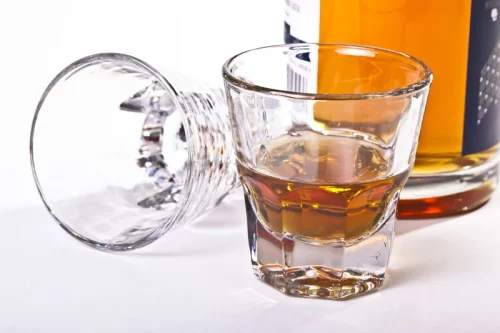
If you’re interested in medication-assisted treatment, medication to curb cravings can be a helpful tool for reducing your consumption. Weaning off alcohol can benefit people who drink moderately or have support systems. If you have a severe alcohol addiction, it might be best to seek professional addiction treatment. Slowly tapering your alcohol use can help you manage mild withdrawal symptoms and decrease the risk of AUD. However, you may experience withdrawal symptoms or relapse if you’re not tapering correctly and safely.
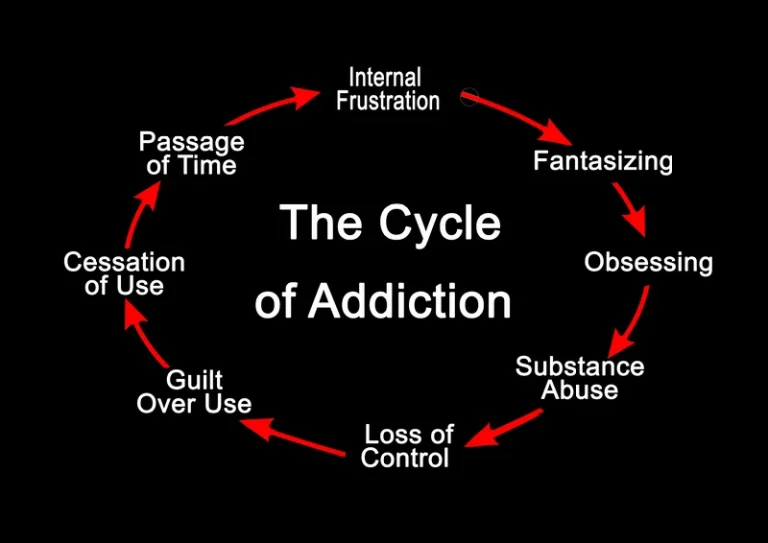
What Are the Benefits of 30 Days Without Alcohol?
If you’re living with alcohol use disorder, quitting drinking is important for your health. But quitting on your own can pose risks to your health and is unlikely to be successful. Rehabilitation facilities can help you on your path to sobriety by addressing alcohol withdrawal symptoms and becoming involved in sober living support groups, like AA. People who have alcohol use disorder that goes undiagnosed may have an especially difficult time cutting back on their alcohol consumption. If you’re struggling to stick to a taper or do not trust yourself to moderate your alcohol use, having strict supervision and support can help you meet your recovery goals. When you quit drinking cold turkey, your body suffers from a cascade of changes caused by the sudden shift.

